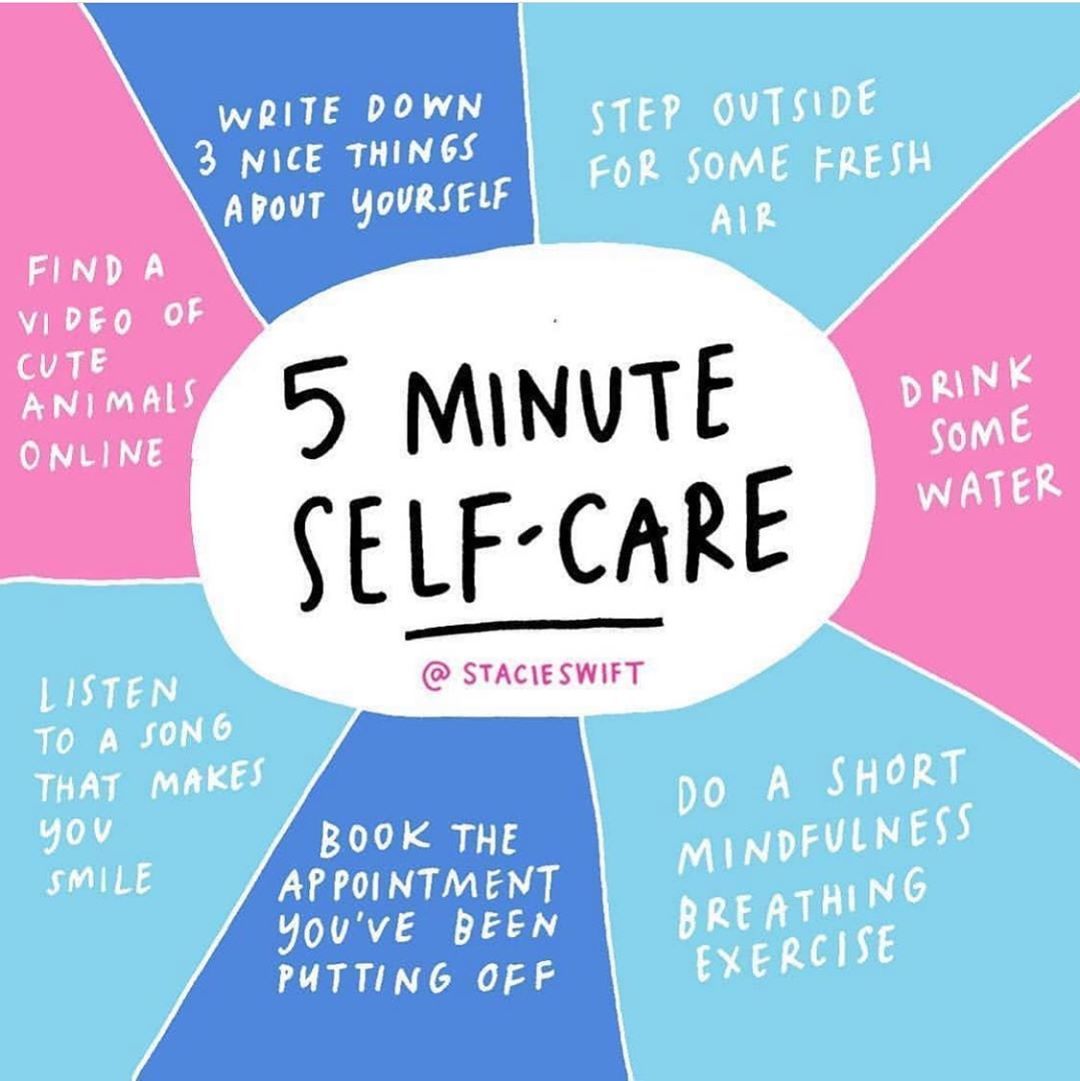Mental Health Matters: Strategies for Coping
Mental health is a critical aspect of overall well-being that is often overlooked. Just like physical health, it is crucial to prioritize and take care of our mental well-being.
Stress, pressure, and various life challenges can take a toll on our mental health. Hence, it is essential to develop strategies for coping with these issues.
Understanding Coping Mechanisms
Coping mechanisms are the strategies and techniques individuals use to manage stress, anxiety, and other negative emotions. Coping mechanisms can be healthy or unhealthy, so it is important to choose effective strategies to maintain good mental health.
Identifying Healthy Coping Strategies
Healthy coping strategies play a significant role in promoting mental well-being:
Exercise: Regular physical activity releases endorphins, the feel-good hormones, which can improve mood and reduce stress levels.
Meditation and Mindfulness: Practicing mindfulness and meditation techniques can calm the mind, increase self-awareness, and enhance overall mental well-being.
Social Support: Surrounding yourself with a strong support system, such as friends, family, or support groups, provides comfort, encouragement, and a sense of belonging.
Healthy Lifestyle Choices: Eating a balanced diet, getting enough sleep, and avoiding excessive alcohol or drug use can contribute to better mental health.
Unhealthy Coping Mechanisms to Avoid
While there are healthy coping mechanisms, there are also unhealthy ones that may provide temporary relief but can be detrimental in the long run:
Substance Abuse: Relying on drugs or alcohol to numb emotions or escape reality can worsen mental health issues and lead to addiction.
Isolation: Withdrawing from social interactions and avoiding support can intensify feelings of loneliness and exacerbate mental health problems.
Self-Harm: Engaging in self-destructive behaviors such as cutting or self-injury is not a healthy strategy for coping with emotional distress.
Unhealthy Eating Habits: Using food as a source of comfort, either through excessive eating or significantly restricting intake, can negatively impact mental and physical health.
Seeking Professional Help
In addition to employing healthy coping mechanisms, it is crucial to recognize when professional help is needed. Mental health professionals such as therapists, psychologists, or psychiatrists can provide guidance, diagnosis, and appropriate treatment options.
There should be no shame in seeking professional help. Just like any other health issue, mental health conditions deserve proper care and attention.
Breaking the Stigma
Unfortunately, there is still a stigma surrounding mental health that prevents many individuals from seeking help. It is essential to challenge these stigmas and promote open discussions about mental health.
By fostering understanding and empathy, we can create a supportive environment where everyone feels comfortable discussing their mental well-being without fear of judgment or discrimination.
Conclusion
Mental health matters, and taking care of our mental well-being should be a priority. By adopting healthy coping strategies and seeking help when needed, we can overcome life’s challenges and maintain good mental health.
Remember, it is okay to not be okay, and there is strength in seeking support. Let’s break the stigma surrounding mental health and work together to promote mental well-being for all.


